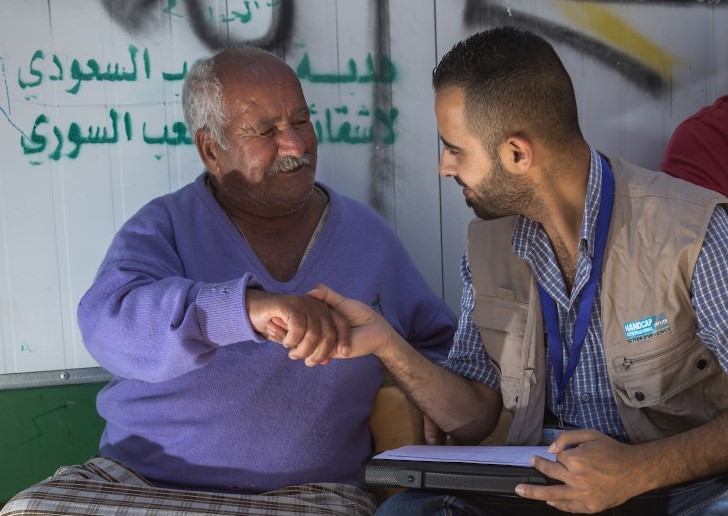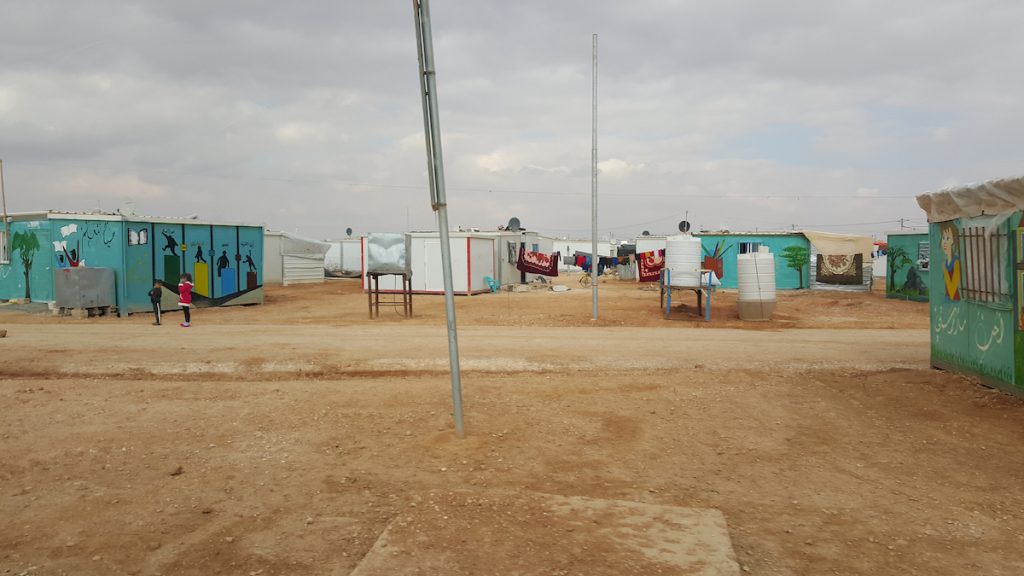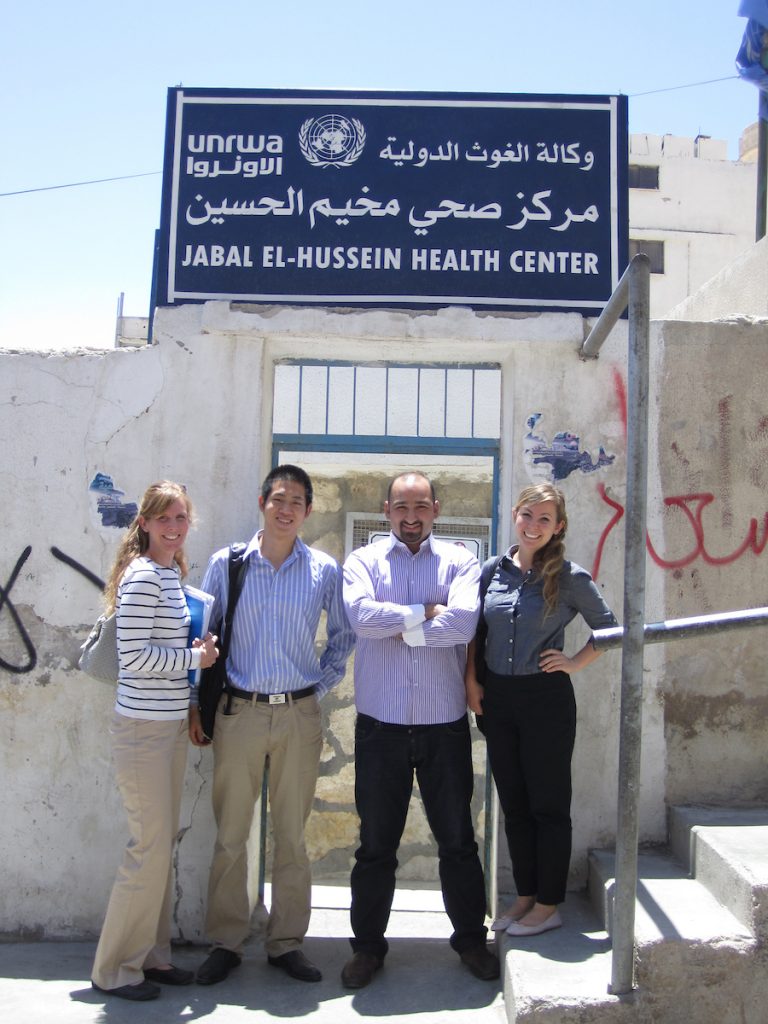SIT program examines COVID-19 impacts on mental health
September 17th, 2021 | School for International Training, SIT Study Abroad
By Ashraf Alqudah, PhD
The SIT Study Abroad program Jordan: Psychology, Well-being and Mental Health offers students an unprecedented opportunity to learn from Jordan’s experience mitigating the pandemic’s mental and psychological impact on refugees.
Unlike many countries with large refugee populations, Jordan moved quickly and efficiently to put in place measures to address the psychological challenges brought about by COVID-19, which are exacerbated among a refugee population already feeling displaced and vulnerable.

(Photo used with permission.)
COVID-19’s global toll on refugee mental health
As the pandemic unfolds across the globe, about 80 million refugees worldwide are experiencing rising levels of loneliness, depression, anxiety, and post-traumatic stress disorder due to mobility restrictions, a lack of social and health support systems, and the stereotyping of this vulnerable group.
Most refugees do not yet have access to vaccines. In some countries, refugees have high rates of COVID-19 positivity despite low testing rates; in others, refugees have been blamed for spreading the virus. Since many refugees don’t have access to health insurance, they normally rely on NGOs for care, but many NGOs are experiencing financial difficulties, meaning less health care services for refugees.
This challenging global environment puts refugees at higher risk for COVID-19 and complicates their mental, psychological, and social well-being. The fact that refugee communities already experience increased psychological vulnerability may further exacerbate their susceptibility to more acute mental health difficulties. A recent survey found that refugees’ mental health has been significantly impacted during the pandemic, particularly for those with insecure housing and residence status, older refugees, and women, who have all reported higher levels of discrimination and stress.

When governments take measures such as closing schools and certain labor markets, it exacerbates already stressful daily living conditions and increases refugees’ need for psychological and mental health services.
Among the unintended consequences for refugees caused by changing public health priorities are: magnifying isolation, stigma, social inequities, unemployment, documentation problems, child and spousal abuse, relationship distress, and decreased access to care.
Job loss can translate into acute hunger and malnutrition, leading to weakened immune systems, a heightened risk of COVID-19 infection, and other serious illness.
Already prone to feelings of loss and isolation because of their displacement, social distancing, quarantines, and lockdowns worsen refugees’ psychological trauma and jeopardize their mental health and well-being.
How Jordan is responding to the challenge
Home to millions of refugees, Jordan has developed a rapid and efficient response to these challenges that includes professional psychological and psychiatric services and semi-professional (psycho-social support) programs. This response has helped to bring COVID-19 positivity and recovery rates among refugees in line with those of the general population.
In collaboration with the office of United Nations High Commissioner for Refugees in Jordan, Jordan has established testing and vaccination centers in refugee camps; upgraded facilities to meet refugees’ needs during quarantine and lockdown; provided supplies and procedures to protect workers and refugees’ health and safety; designed and carried out COVID-19 awareness programs for refugees; and implemented remote services, protection hotlines, websites, and e-learning for students.

Tele-psychotherapy and psycho-education, online stress management and COVID-19 stress related management trainings (including how to manage stress in quarantine and lockdowns) have been provided to refugee parents and children. Psychotropic medications were made available, and psychologists receive support through a phone hotline staffed by a psychiatrist and a nurse daily.
In this environment, students on SIT’s Jordan: Psychology, Well-being and Mental Health will have a unique opportunity to learn to design and implement mental health and psychological well-being programs and responses for refugees in pandemic contexts. The program is enrolling now for spring 2022.
Ashraf Alqudah holds a PhD in clinical and medical psychology from the University of Florida, and an MA in from the University of Jordan. Click here to find out more about this program or to connect with an SIT admissions counselor.
For more information on the psychology and mental health of refugees, see these references:
Benjamen, J.; Girard, V.; Jamani, S.; Magwood, O.; Holland, T.; Sharfuddin, N.; Pottie, K. (2021) Access to Refugee and Migrant Mental Health Care Services during the First Six Months of the COVID-19 Pandemic: A Canadian Refugee Clinician Survey. International Journal of Environmental Research and Public Health, 18, 5266. https://doi.org/10.3390/ ijerph18105266.
